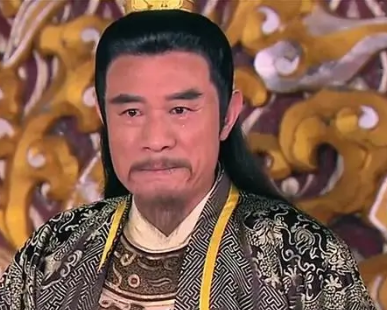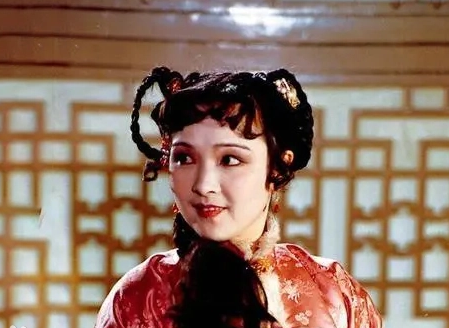In ancient Chinese society, women's menstrual cycle was regarded as a natural physiological phenomenon, but it was also endowed with rich cultural connotations and social significance. The attitude and view of the ancients towards women's menstruation were complex and diverse, which were related to the concept of physical health, as well as gender roles and social norms. However, with the passage of time, menstruation gradually became a folk taboo in some periods and regions, and the reasons behind it were many-sided.

Firstly, the ancients' view of menstruation.
In ancient China, women's menstruation was called "yue shi", "yue shui", etc., and the ancients had a certain understanding of it. Medical classics such as "Yellow Emperor's Canon of Internal Medicine" contained records about women's reproductive health and menstruation regulation. The ancients believed that menstruation was the manifestation of the balance of Yin and Yang and the circulation of Qi and blood in women's bodies, and also a symbol of fertility. Therefore, menstruation was regarded as one of the important signs of women's health.
Secondly, the relationship between menstruation and gender roles.
In ancient society, women's social status was relatively low, and their roles were mainly limited to the family and childbirth. As a unique physiological phenomenon of women, menstruation also became one of the symbols distinguishing the gender difference between men and women. In some periods and regions, women needed to follow specific behavioral norms and living habits during menstruation, such as avoiding participating in religious activities and not entering the kitchen. These regulations reflected the expectations and restrictions of the society on gender roles at that time.
Thirdly, the reasons why menstruation became a folk taboo.
There were many reasons why menstruation became a folk taboo. Firstly, the ancients had a special taboo on blood and bodily fluids, believing that they might be unclean or evil. Secondly, because menstruation was closely related to sex and childbirth, which were considered private and sensitive topics at that time, menstruation was also considered inappropriate for public discussion. Finally, with the rise of Confucianism, the moral norms and behavioral guidelines for women became stricter, and menstruation, as a physiological phenomenon, was also included in the category of moral evaluation.
Conclusion:
The ancient view of women's menstruation was complex and diverse, which was related to the concept of health, gender roles, and social norms. The reasons why menstruation became a folk taboo were various, including the taboo on blood and bodily fluids, the privacy of sex and childbirth, and the influence of moral norms. Through the discussion of this topic, we can better understand the cultural concepts and gender relations of ancient society, as well as how they have influenced us today.
Disclaimer: The above content is sourced from the internet and the copyright belongs to the original author. If there is any infringement of your original copyright, please inform us and we will delete the relevant content as soon as possible.
































